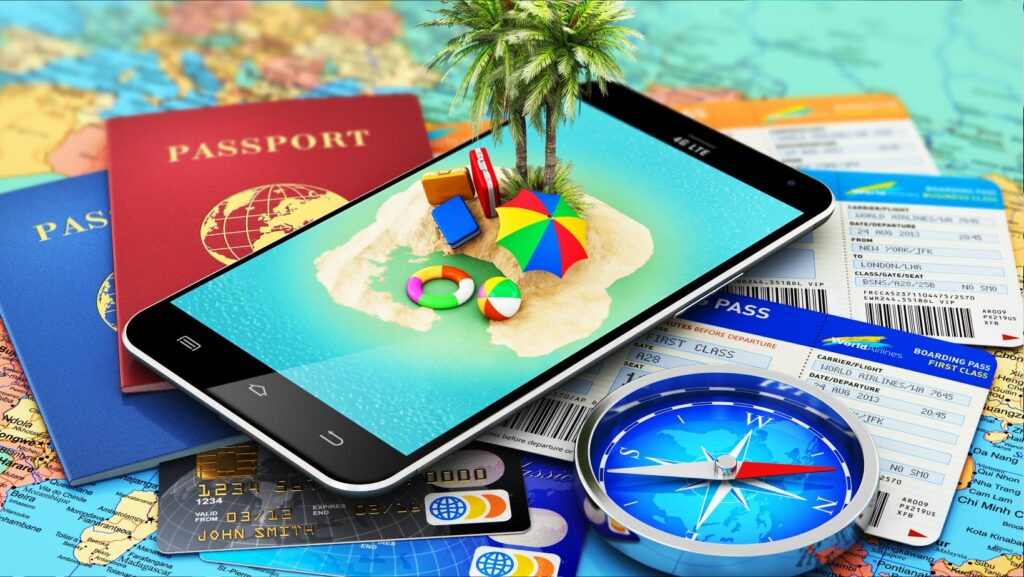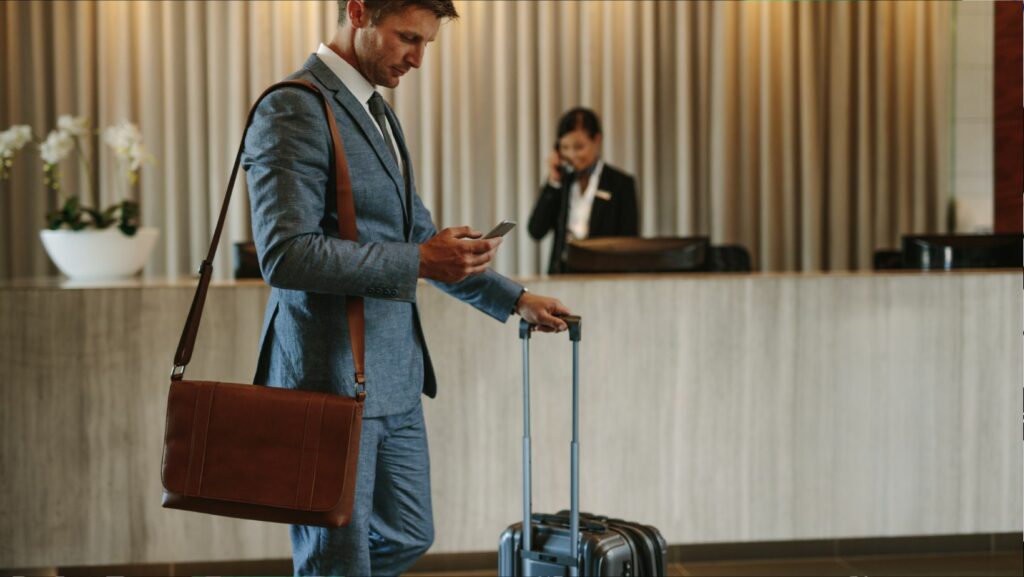Holiday Travel Safety Tips
During holiday travel, common risks include flight delays, lost luggage, road accidents, and health emergencies. To mitigate these risks, travelers should plan ahead, pack essential items in carry-on bags, purchase travel insurance, and stay informed about their destination’s safety guidelines. Being prepared and proactive can help travelers navigate unexpected challenges and ensure a safe and enjoyable holiday experience.
When preparing for your Holiday Travel Safety Tips, it’s essential to take certain precautions to ensure a safe and enjoyable journey. From checking travel advisories to packing smart, following these guidelines can help you navigate the challenges of holiday travel seamlessly.

Before embarking on your holiday adventure, it’s crucial to stay informed about travel advisories and weather conditions at your destination. Websites like the State Department travel advisory page and local meteorological websites can provide up-to-date information on any potential hazards or disruptions that may affect your travel plans. By staying informed, you can make necessary adjustments and prepare for any unexpected situations during your trip.
Packing smart can make a significant difference in ensuring a safe and stress-free holiday journey. Be sure to pack essential items such as identification documents, medications, emergency contacts, and any necessary travel insurance information. Additionally, include weather-appropriate clothing, first-aid supplies, and snacks to stay prepared for any unforeseen circumstances. By packing wisely, you can be ready for any situation that may arise while traveling.
On the Road: Ensuring Safety
When embarking on road trips during the holidays, travelers should adhere to specific guidelines to ensure a safe journey. Here are essential tips to consider for a secure and stress-free road travel experience:
Guidelines for Road Trips
- Vehicle Maintenance: Regularly check the vehicle’s condition, including brakes, tires, lights, and fluids, before hitting the road.
- Plan the Route: Map out the route in advance, considering factors like road conditions, rest stops, and alternative routes in case of unexpected closures or traffic.
- Rest Breaks: Take regular breaks to combat driver fatigue and stay alert throughout the journey.
- Emergency Kit: Prepare an emergency kit with essentials like water, snacks, first-aid supplies, a flashlight, blankets, and a fully charged mobile phone.
- Weather Updates: Stay informed about weather forecasts along the route and adjust travel plans if severe conditions are expected.

- Child Safety: Ensure proper installation of car seats and seat belts for children, following guidelines for their age and size.
- Avoid Distractions: Minimize distractions while driving by refraining from phone use, eating, or engaging in activities that divert attention from the road.
In the unfortunate event of an emergency during a road trip, it’s crucial to know how to respond promptly and effectively. Here’s what travelers should do:
- Stay Calm: Keep a calm demeanor to assess the situation rationally and make informed decisions.
- Safety First: Ensure the safety of all passengers by moving to a secure location off the road if possible.
- Contact Authorities: Call emergency services immediately if medical assistance or roadside aid is required.
- Provide Details: Clearly communicate your location, the nature of the emergency, and any injuries or specific needs when contacting authorities.
- Utilize Emergency Kit: Use the emergency kit prepared earlier to address immediate needs while help is on the way.
By following these guidelines and knowing how to respond in emergencies, travelers can enhance their safety on the road and make the most of their holiday travel experience.
Flying Safely Over the Holidays
When it comes to flying during the Holiday Travel Safety Tips, prioritizing safety is paramount. Here are essential guidelines to ensure a secure and stress-free air travel experience.

Passengers should familiarize themselves with airport security protocols to expedite the screening process. Be prepared to remove belts, shoes, and jewelry, and adhere to the 3-1-1 rule for carrying liquids in carry-on luggage.
Maintain good health and hygiene while flying by staying hydrated, cleaning seating areas with sanitizing wipes, and keeping hand sanitizer handy. Regularly washing hands and avoiding touching the face can help minimize exposure to germs during the flight.



